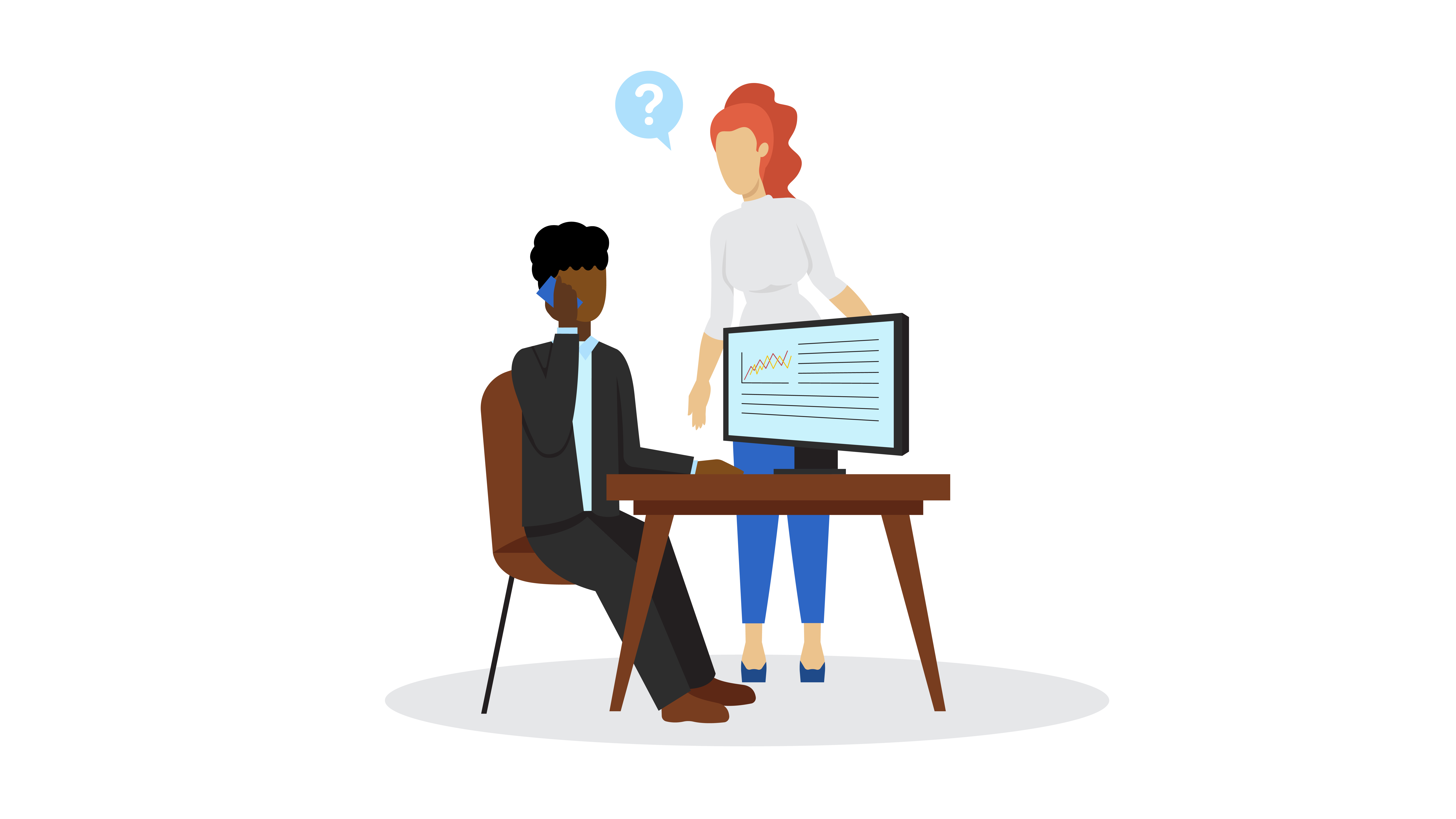All Categories
Featured
Customer data platforms (CDPs) are a vital device for modern companies who wish to collect, store, and manage all customer data in a single location. The software tools provide an enhanced and more comprehensive picture of customers' needs and can be used to improve marketing strategies and personalize customer experience. CDPs offer many features such as data governance, data quality , and formatting data. This lets customers be more compliant with how they're stored, used, and access. CDPs are a great way for companies to collect and store customer data in a CDP allows companies to engage customers and puts them at the center of their marketing initiatives. It can also be used to pull data from other APIs. In this article, we will look at the advantages of CDPs for organizations.
what are cdps
Understanding CDPs: A customer data platform (CDP) is a program that allows organizations to gather, store, and manage the customer's information in one central place. This allows for more precise and complete picture of the client, which can be used to target marketing and personalized customer experiences.
-
Data Governance Data Governance: One of the most important characteristics of a CDP is its capacity to classify, protect and manage information that is being added to. This includes profiling, division and cleaning of the data coming in. This will ensure that the data is in compliance with rules and regulations.
-
Data Quality: Another crucial aspect of CDPs is ensuring that the data that is collected is of high quality. This involves ensuring that the data is accurately input and has the required quality requirements. This reduces the need to store, transform, and cleaning.
-
Data Formatting: A CDP can also be used to ensure that data follows a predefined format. This allows data types such as dates to be identified across customer data and ensures consistency and logic in data entry. customer data platform cdp
-
Data Segmentation Data Segmentation: The CDP allows you to segment customer data to better understand your customers. This allows testing different groups against one another and also obtaining the correct sample and distribution.
-
Compliance CDP: A CDP permits organizations to manage customer information in a compliant manner. It allows for the specification of security policies, classifying information according to those policies, and even the detection of policy infractions while making marketing decisions.
-
Platform Selection: There's a wide range of CDPs to choose from, so it's important to be aware of your requirements before selecting the best one. This involves considering features such as data privacy and the ability to pull data from other APIs. customer data platfrom
-
Put the customer at the Center This is why a CDP allows the integration of raw, real-time customer data, providing the speed, accuracy, and unity that every marketing team requires to streamline their operations and engage their customers.
-
Chat, Billing and More Chat, Billing and More CDP helps you discover the context of great discussions, regardless of whether you're looking at billable or chats from the past.
-
CMOs and big-data: 61% of CMOs feel they're not using enough big data according to the CMO Council. A CDP can help to overcome this issue by giving the complete picture of the client and allowing for more effective utilization of data for marketing as well as customer engagement.
With many various types of marketing innovation out there every one generally with its own three-letter acronym you may wonder where CDPs come from. Despite the fact that CDPs are amongst today's most popular marketing tools, they're not a completely originality. Rather, they're the latest action in the evolution of how marketers manage consumer data and consumer relationships (Marketing Cdp).

For many marketers, the single biggest value of a CDP is its capability to sector audiences. With the abilities of a CDP, marketers can see how a single client engages with their business's different brand names, and recognize opportunities for increased customization and cross-selling. Obviously, there's much more to a CDP than division.
Beyond audience segmentation, there are three big reasons your business may want a CDP: suppression, customization, and insights. One of the most fascinating things online marketers can do with information is determine customers to not target. This is called suppression, and it's part of providing truly tailored customer journeys (Customer Data Platforms). When a client's merged profile in your CDP includes their marketing and purchase data, you can reduce advertisements to consumers who've already made a purchase.

With a view of every consumer's marketing interactions linked to ecommerce data, site check outs, and more, everybody throughout marketing, sales, service, and all your other groups has the opportunity to comprehend more about each consumer and provide more customized, appropriate engagement. CDPs can assist online marketers address the origin of many of their most significant daily marketing problems (Customer Data Platforms).
When your data is disconnected, it's more difficult to comprehend your clients and produce meaningful connections with them. As the variety of data sources used by online marketers continues to increase, it's more vital than ever to have a CDP as a single source of fact to bring all of it together.
An engagement CDP uses client data to power real-time personalization and engagement for clients on digital platforms, such as websites and mobile apps. Insights CDPs and engagement CDPs make up most of the CDP market today. Very few CDPs include both of these functions similarly. To pick a CDP, your business's stakeholders ought to think about whether an insights CDP or an engagement CDP would be best for your requirements, and research study the few CDP choices that consist of both. Cdp Data Platform.
Redpoint GlobalLatest Posts
The Role of CDPs in Combining Data from Multiple Sources
The Role of CDPs in Reducing Additional Expenses for Cleaning and Storage
How CDPs Can Help Organizations Engage their Customers